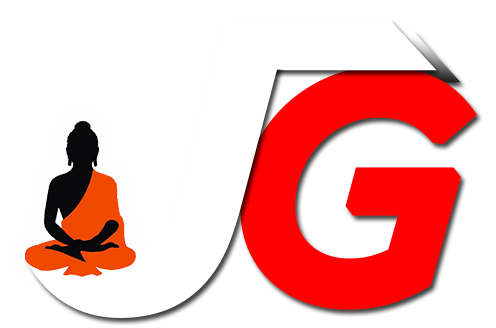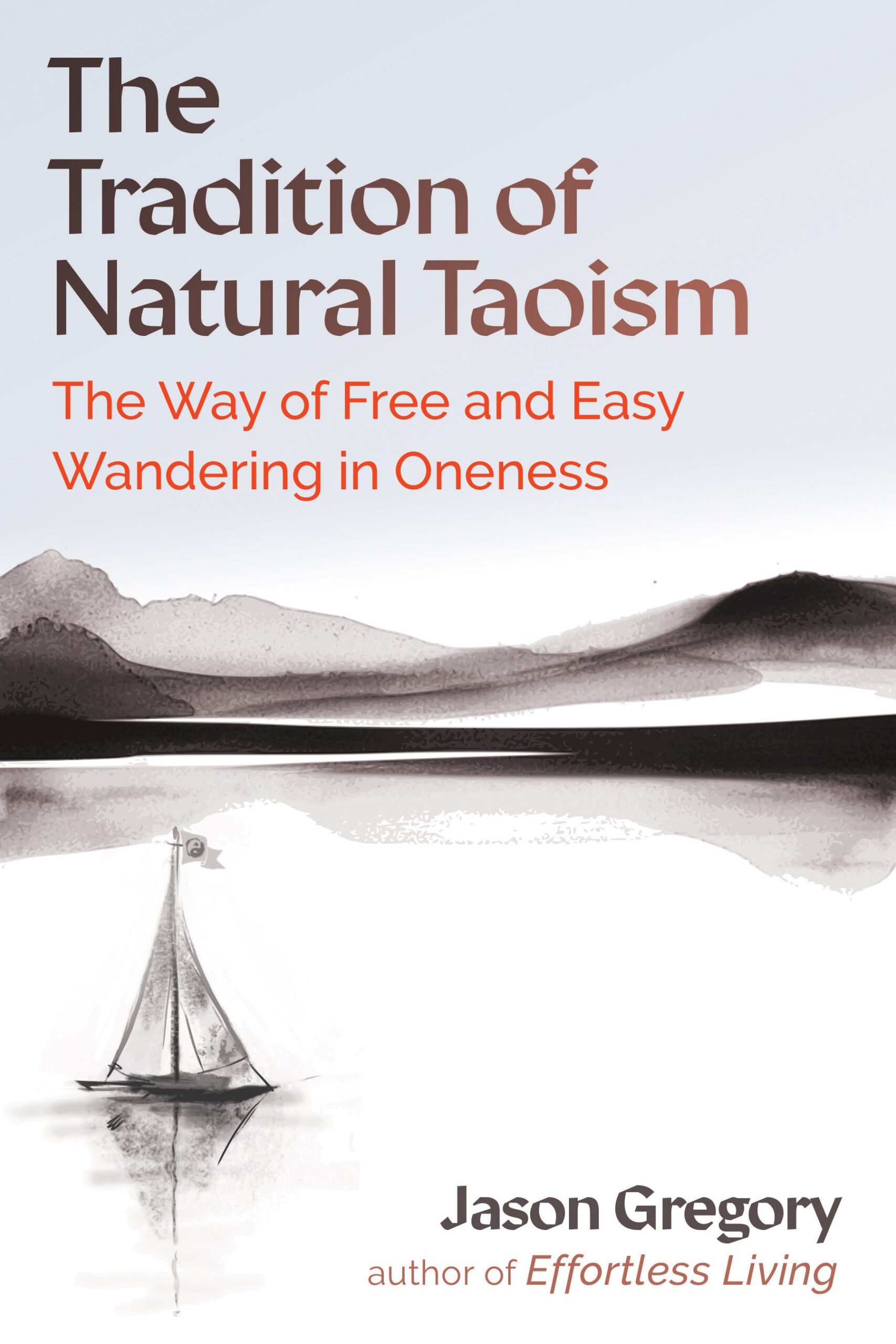The Natural Human: Becoming Who You Were Born To Be
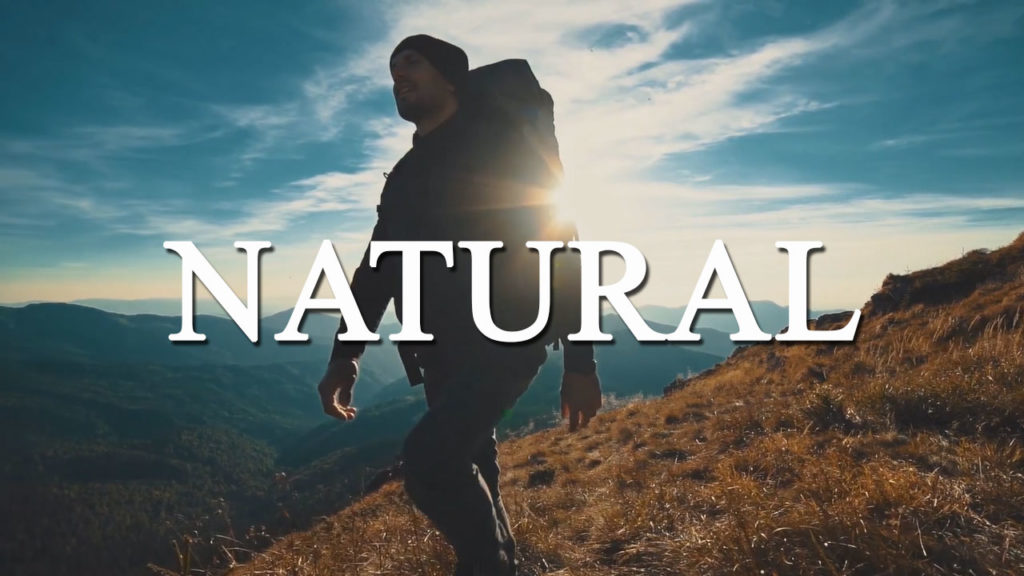
The Natural Human is the second film in a series based on my Effortless Living audiobook. In this film I explore what it truly means for a human to be as nature intended us to be, essentially embodying the naturalness we all have within, with no external form of governance needed. The order and pattern of nature is not a forced order, as nature is not bound by external influence or control. The Taoist term for nature is the Chinese tzu-jan (ziran), which means that which is spontaneously of itself. When a natural organism is in harmony with all life, it grows of itself spontaneously. Tzu-jan can only arise of itself without external compulsion. Tzu-jan is the essence of the yoking process found within the spiritual core of many religions, and especially in the origins of Chinese and Indian wisdom. When we withdraw from our conditioned perception of reality, we come back into nature and grow spontaneously in harmony with all other components of life. What would happen if we let go of control? When we leave the animal, plant, and mineral kingdoms alone, they continue to grow and prosper without any interference. What would happen, then, if we left people alone? Effortless Living Audiobook https://amzn.to/31uNLQq NOTE: This site directs people to Amazon and is an Amazon Associate member. As an Amazon Associate I earn from qualifying purchases. The pages on this website may contain affiliate links, which means I may receive a commission if you click a link and purchase something that I have recommended.
Trust the Universe: Taoist Wisdom for Living in a Peaceful World
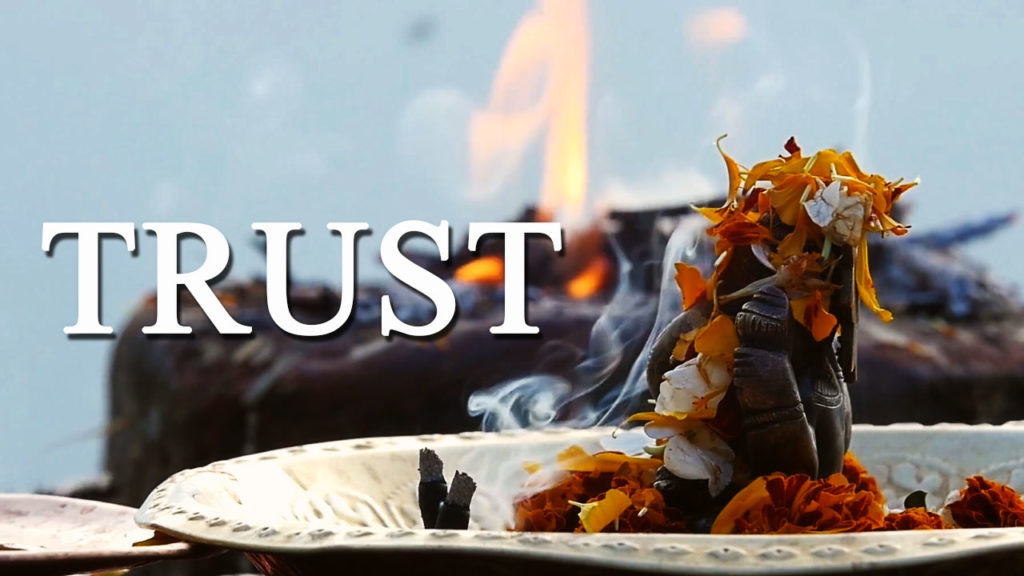
Trust the Universe is the first video in a series based on my Effortless Living audiobook. In this video, I explore how and why we should trust the universe from a Taoist perspective. The Tao can only make use of you when you are empty of all that blocks a union between yourself and the universe. The peace that resides in the unity of trust allows the individual to harmonize with the world. This not only brings the light of Tao into the world but also guides and helps the individual along their journey through life. When we trust, the universe answers us through the resonance of our experience. The feeling of oneness brings the individual back into accord with the function of the universe. Effortless Living Audiobook https://amzn.to/31uNLQq NOTE: This site directs people to Amazon and is an Amazon Associate member. As an Amazon Associate I earn from qualifying purchases. The pages on this website may contain affiliate links, which means I may receive a commission if you click a link and purchase something that I have recommended.
Why You Are Not Blessed (no one is more special than anyone else)
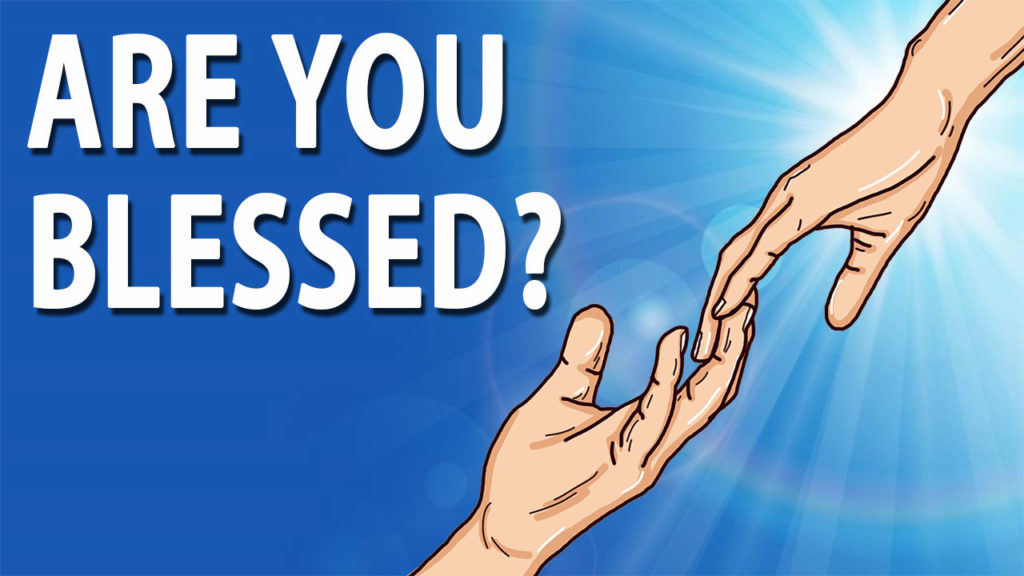
In this episode of Enlightenment Today, I will speak about if we are blessed. Many people proclaim to be blessed based on their fortunate experiences in life which are usually based on pleasure. Personally claiming to be blessed is purely egotistical, especially considering you are implying that you are more special than someone else. From a spiritual perspective, feeling that one is blessed over others is the result of a me-centered spirituality based on individualism. This is a subtle psychopathy many people exhibit. But this does not mean we are not blessed. Once we realize that we are no more special than anyone or anything else, then we will discover that what we all are deep down within is the only blessing we need and is actually the only one we receive in life.
Lao-tzu vs Confucius: The Ultimate Sage Showdown
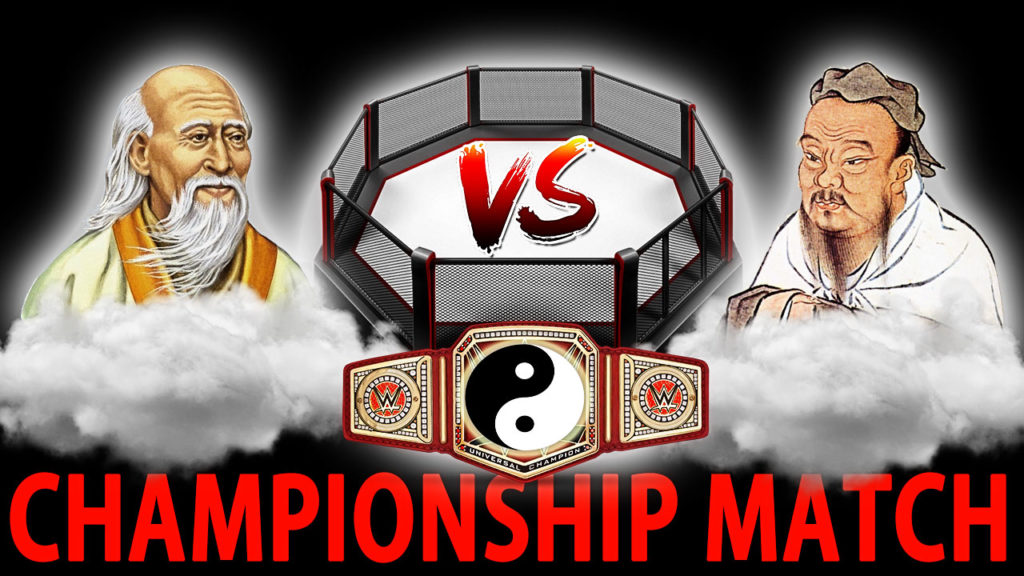
In this episode of Enlightenment Today, I will speak about the ultimate sage showdown between Lao-tzu and Confucius. Both sages have diametrically opposed philosophies and viewpoints on the nature of humans and the irreducible essence of the Tao. These differences are showcased in the opposing metaphors of Lao-tzu’s uncarved block and Confucius’s carving and polishing. Both metaphors try to dissect whether or not humans are naturally good or if we are naturally beasts. These differing views influence our perception of the nature of the Tao, making us believe that either the Tao is natural to the universe with no need for effort or that the Tao needs to be induced through discipline and self-cultivation. Who will win this ultimate battle for sagehood supremacy?
Kali Yuga: The Spiritual Degradation of Humanity
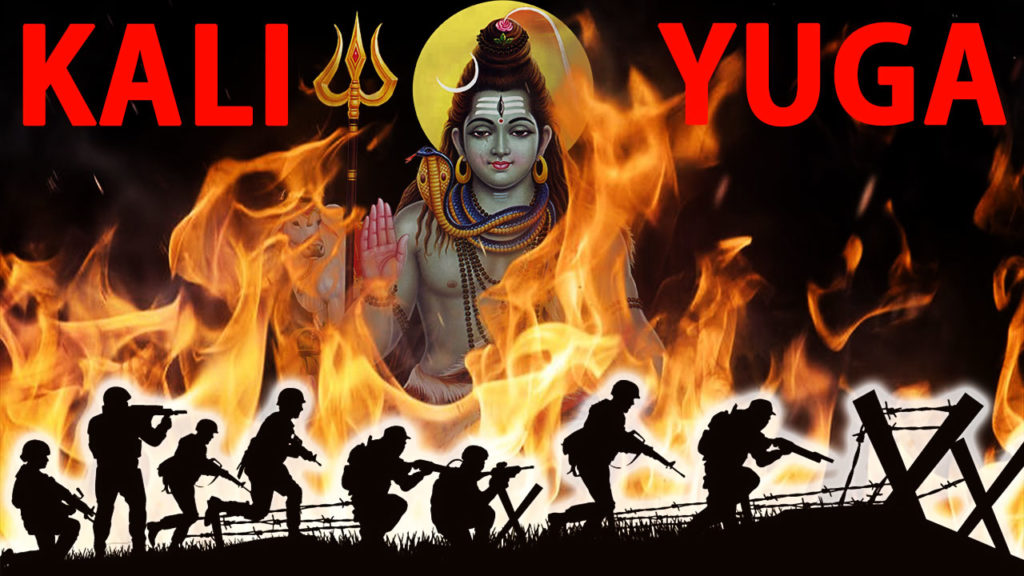
In this episode of Enlightenment Today, I will speak about the dark age of the Kali Yuga. In the Hindu cycles of time known as the Yugas, the Kali Yuga represents the spiritual degradation of humanity. This age is commonly known as the age of darkness or the age of ignorance, where our mind is drawn primarily to the material world and an individualism that is subtly influenced by our survival instincts. We have a blind ignorance of the world within us, our nature as pure consciousness. And no surprises, we are living in the Kali Yuga and are starting to see in other people and also feel within ourselves the effects of this age. As a result, we lack the moral fiber and mental concentration necessary to pursue the path of liberation. But fortunately for all of us, after Krishna left this world, signifying the beginning of the Kali Yuga, some enlightened sages could foresee our future and they wrote the Puranas, Tantras and other scriptures to serve our spiritual needs in this dark age. In this episode you will learn about the negative impact of the Kali Yuga and how also to counter its effects so that you bring your awareness back to the ultimate path of liberation.
Vairagya: The Practice of Dispassion Towards the World
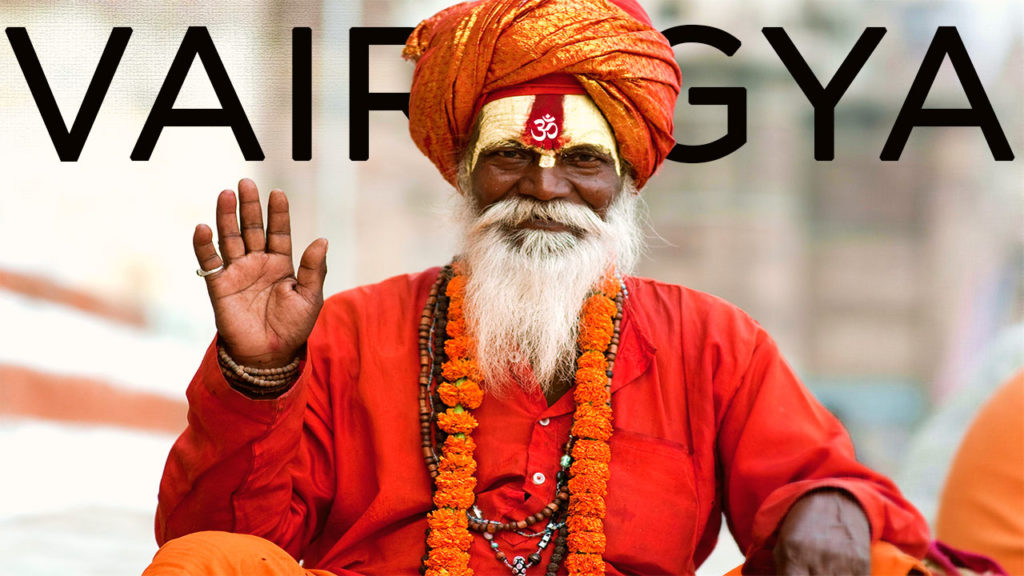
In this episode of Enlightenment Today, I will speak about the practice of vairagya in Hindu philosophy. Vairagya is a term that can be translated as dispassion, detachment, or renunciation. Someone who practices vairagya has a dispassionate attitude towards the pain and pleasures of the world. Vairagya refers to an internal state of mind rather than an external lifestyle and this is why it can be practiced by one engaged in family life and career as it can be by a renunciate. But the deepest benefits are often experienced by a renunciate sage. Even though the practice of vairagya is a rejection of all the suffering in the world, it does not mean suppression of or developing repulsion for material objects. By the application of the practice of viveka (spiritual discrimination or discernment) to life experience, the spiritual aspirant gradually develops a strong attraction for the true Self (Atman), which is the inner spiritual source of fulfillment and bliss (ananda). As a result, limited attachments and desires in the world fall away naturally. The great sages advocate vairagya as a skillful means to achieve liberation (moksha), the realization that Atman is Brahman.
Mental Health Issues in Spirituality
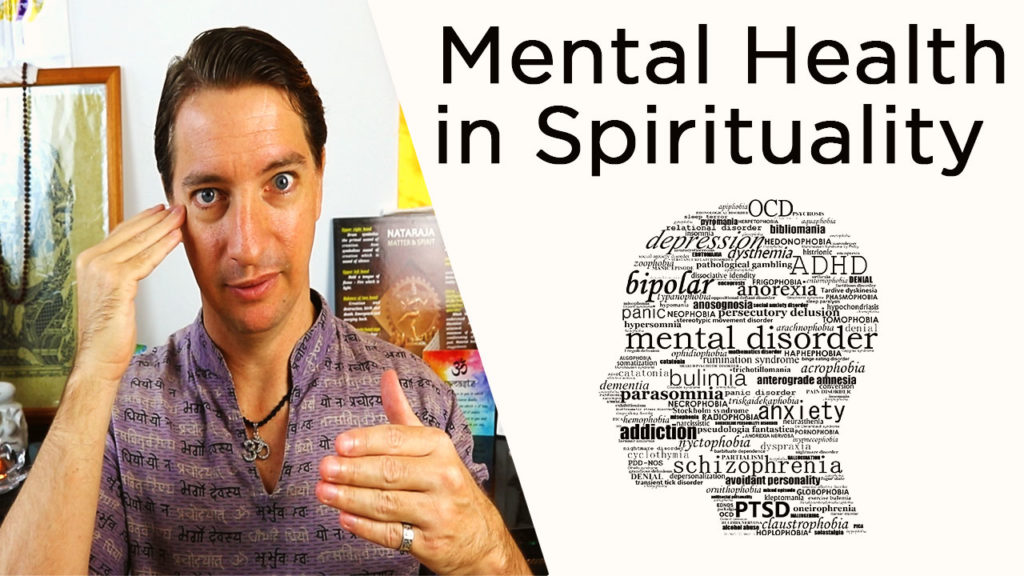
In this episode of Enlightenment Today, I will speak about mental health issues in spirituality. To speak about mental health in relation to spirituality may appear contradictory. But there are a growing number of cases where people have experienced the effects of mental health, including depression, chronic anxiety and stress, schizophrenia, and even suicide in some extreme cases. This has been exponentially growing because of the misinterpretation of ancient knowledge by self-styled teachers who themselves are not trained in a particular tradition. This lack of training and lack of comprehension is best showcased in the number of neo-Advaita teachers that have come forth in recent decades, especially in the West, who butcher the teachings of Ramana Maharshi because they have no traditional training in the actual tradition of Advaita Vedanta. But this phenomenon of mental health in spirituality is not isolated to Advaita Vedanata because it extends to the modern followers of many great ancient traditions. In this episode, I will explain how to discern if the path you are on is genuine and also the way to avoid such traps that may lead one to mental health problems.
Why People Are Scared of Advaita Vedanta
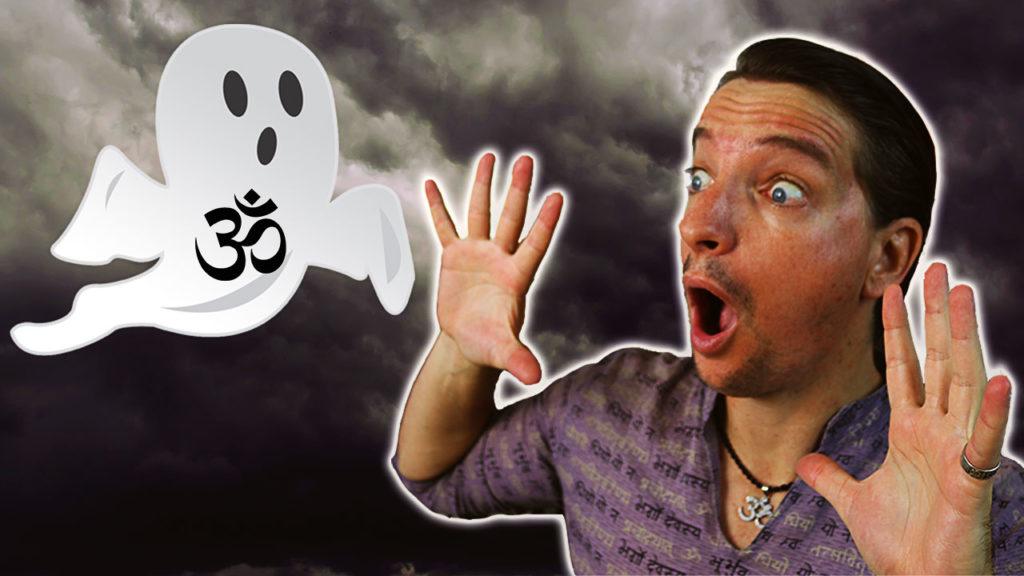
In this episode of Enlightenment Today, I will speak about why people are afraid of Advaita Vedanta and other Eastern spiritual traditions. Advaita Vedanta is one of the most difficult spiritual paths to follow, but it is one of the most transformational. Following Advaita Vedanta sincerely frightens most people because of the radical effect it has on our sense of individuality. People want to learn and be engaged in Eastern spirituality because they feel it will improve their individual lives. But does Advaita Vedanta and Eastern spirituality in general, have any to do with self-improvement?
The Story of Shiva and Parvati’s Divine Marriage
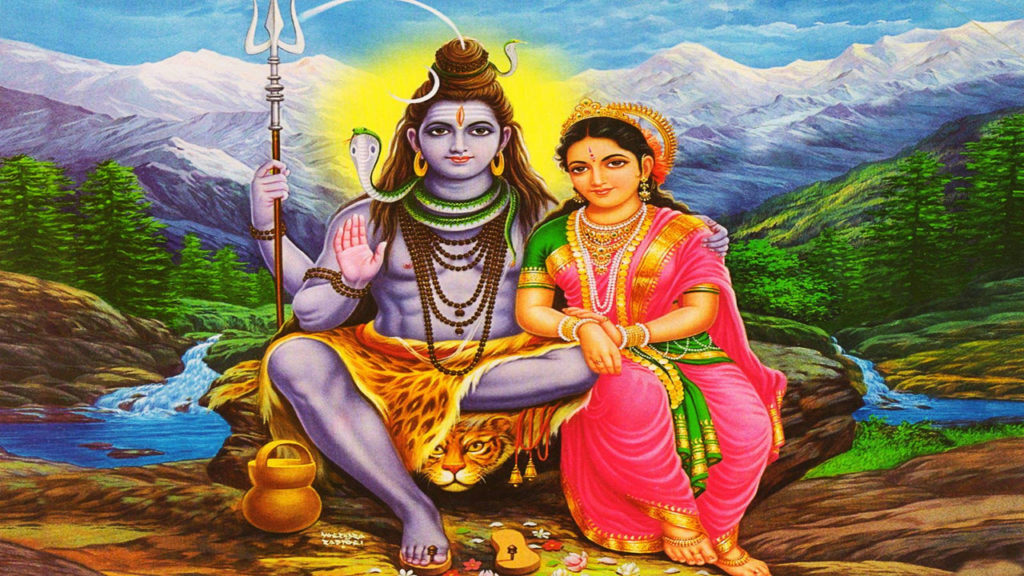
In this episode of Enlightenment Today I will speak about the ancient story of Shiva and Parvati’s divine marriage. Their union is one of the most significant stories throughout history. It is one of those ancient myths that will never lose its significance, as it means something very deep for all of us. In this episode I will explain the story for you and also its hidden meaning.
Everything Has Value | Lao-tzu’s Value System
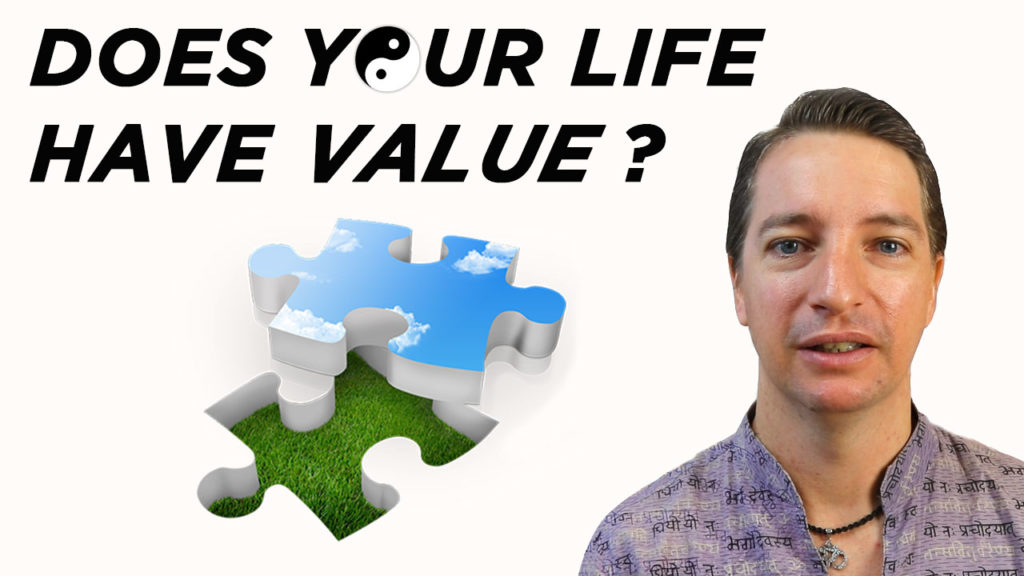
In this episode of Enlightenment Today I will speak about intrinsic value. Many people incorrectly assume their life has no value and question whether their existence even matters. This results from measuring our value based on the social standards we’ve been indoctrinated with and also the so-called success of others. This is an unnatural perception of life and a cognitive error, where we incorrectly perceive the world as separate isolated events. This runs counter to the holistic philosophy of Taoism and Lao-tzu’s value system, where all life has value because life is one natural happening, with no duality of perceived opposites. Nothing greater than anything else. We all go together as one.
